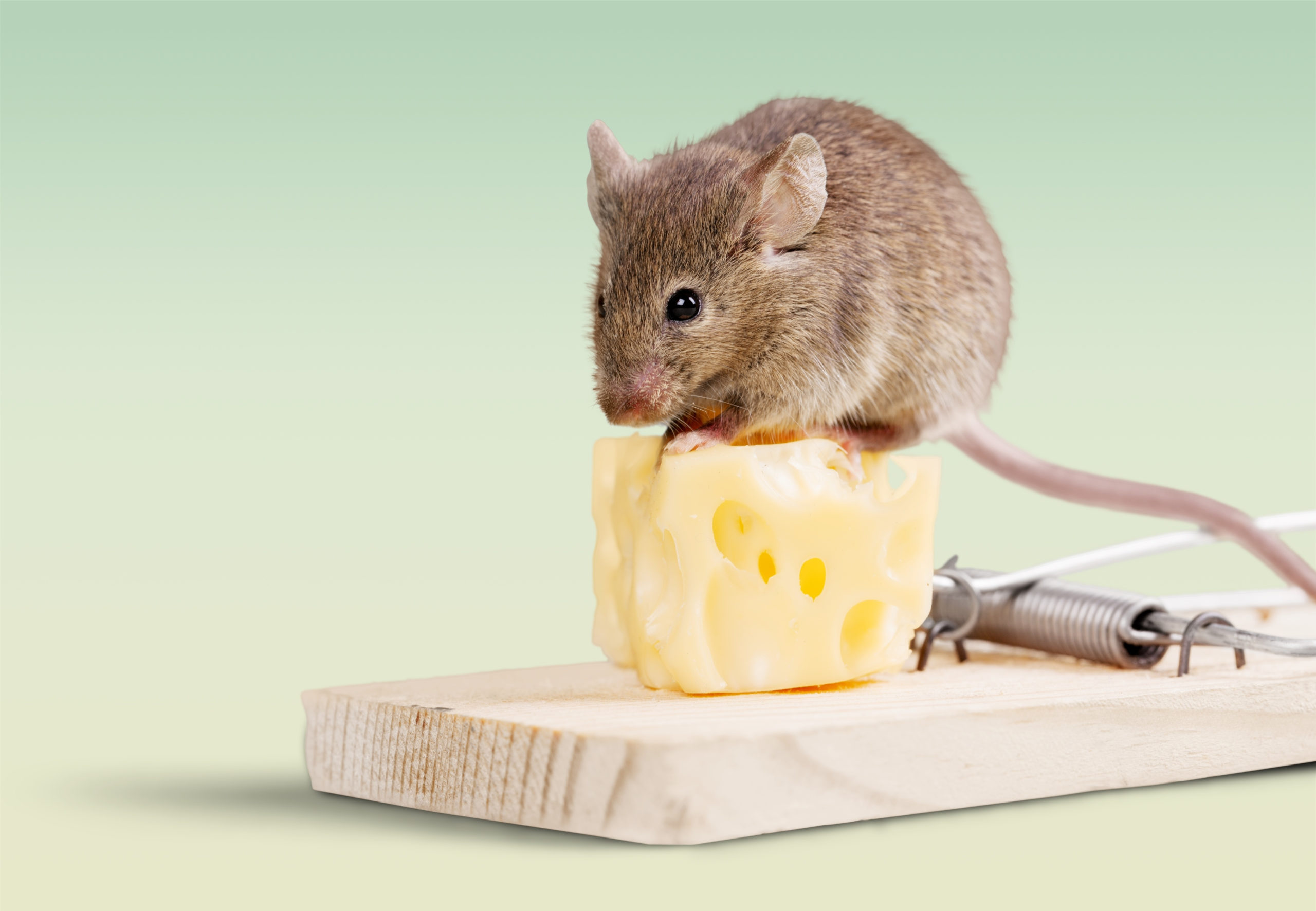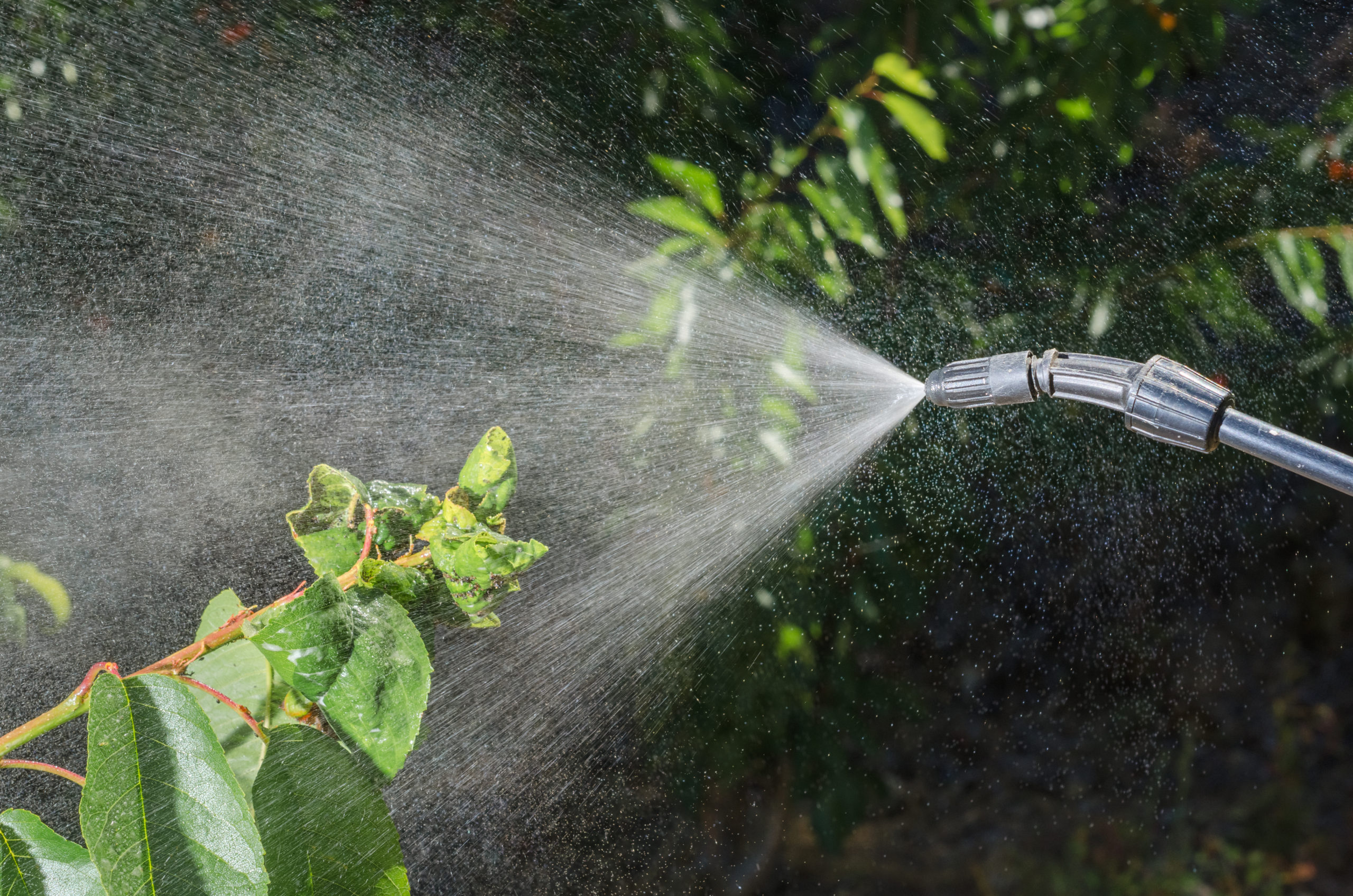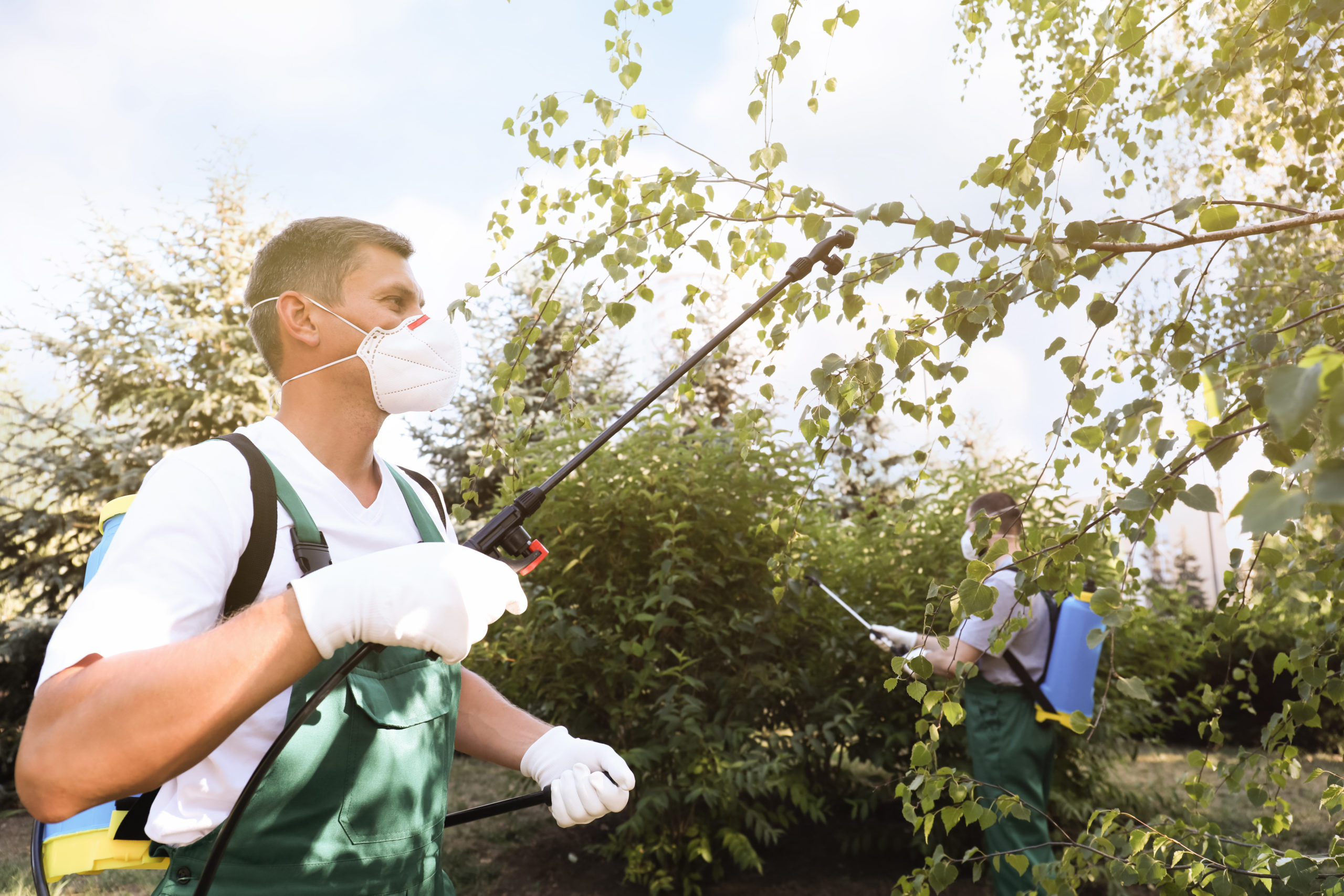5 Things to Know Before Starting Pest Control Services
5 Things to Know Before Starting Pest Control Services
Pest control services is one of the best investments you can make for your home or business. Not only will your pest problems be solved, but the treatments will help your plants and yards thrive since they aren’t being attacked by persistent pests. However, this is unfortunately not always the case with pest control. In order to see the results you desire and get your money’s worth, the company you use must be trained and actually worth its salt in the pest control world. It helps to be well-informed before bringing any kind of pest control in so that you can have the proper expectations and preparation before the expert technician even steps foot in your yard. Here are five of the most important things to keep in mind as you go through pest control services for any type of pest issue.
The Results Won’t Be Instantaneous

In an ideal world, pest control treatments would solve the pest problem as soon as they are applied. Traps would catch every rodent in the vicinity and pesticide would prevent all creepy-crawlies from ever coming near your home as soon as the technician stops spraying. Unfortunately, this isn’t possible for any level of treatment, no matter how highly-rated the company is online. Any type of pest control treatment – traps, sprays, exclusion – needs a bit of time to show results. Exclusion is where the technician finds any possible pest entry points in the home and seals them up. Traps clearly need time to have an effect when the pests wander into its snares. Chemicals need time to settle onto surfaces so that they aren’t blown away or washed away prematurely. Plus, they all need time to have a chance to impact pests directly. No matter what combination of methods is used for your specific pest problem, they all need time to serve their intended purpose of eradicating pests.
When the treatments do effectively work against pests, you will visibly notice results around your home. It’s normal to find dead insects in the areas where pesticide was sprayed and traps or glue boards are placed. It would be beneficial to vacuum or sweep up these insects for a couple of reasons. One is that it makes for a more visually-appealing space, since no one likes having a bunch of deceased insects lying around the home. Another reason is that many types of dead insects release a pheromone that attracts their species to the area, so you will have a whole new wave of pests to deal with if this happens. Something to keep in mind is that larger infestations or pest problems will likely take longer to go away after pest control services. The initial pests that have invaded your home will be taken care of immediately, but any stragglers or future invaders may not be completely impacted for a little bit. Give it time and keep an eye on the affected areas to make sure that you aren’t seeing a continuation or addition of pests. These things take time, but pests should not keep invading your home. If you notice that you are experiencing any type of pest problem after a treatment, contact your pest control provider for another service.
Treatments Aren’t One-Size-Fits-All
As convenient as it would be, pest control treatments and products are not “one-size-fits-all” where they work on every single pest situation. Actually, let’s rewind that: high quality and effective pest control treatments and products are not designed to work on every pest concern in every home. Any pest control technician can spray some pesticide along the foundation of a house and call it a day, but the treatments that actually work are carefully and professionally curated for your specific pest problems and home. There are many factors that go into deciding which treatments are needed in order to actually solve the pest problems at hand. One is the severity level of the infestation. A massive ant invasion requires a different level of pest control and pesticide application than a couple of random mosquito sightings in the backyard. Another factor is the actual pests that are causing a problem. Ants require different treatments and inspections than spiders, and every other pest similarly needs their own complete treatment. And the third most important factor is the size and layout of the home and yard. When a technician treats the inside of a house, they need to take notice of the floor plan and the proximity of the pest problem to cabinets, doorways, and so on.
Any experienced technician knows that to ensure that pest problems are actually solved, an inspection must be done for the location of entry points and nests. One house may have a bunch of spider webs that need to be dusted away, while another house has three different wasp nests to be eradicated. The technician needs to take note of which pest problems are the most prevalent at that home and the best ways to solve the problem. They also should know how close the home is to outside factors that could be attracting more pests, like a pond or a wooded area. Whatever the specific situation is, a great pest control technician will take the time to apply the most productive and personalized treatments for your specific pest concerns, not a general spray-and-go.
Chemical Treatments Can Be Human and Pet-Safe

When you hear the word “chemical,” especially in reference to something that’s sprayed on your property, it may make you nervous. Isn’t it bad to have all these unknown chemicals and hazardous substances just floating around my home with my kids and pets around? Not necessarily! While there are definitely some stereotypically harmful pesticides in circulation, most established pest control companies use pesticides that are more people-friendly than their predecessors. Eco-friendly treatments are in wide circulation now, which is much better for homeowners and pets in the long run. This is because the products contain milder chemicals and natural pest repellants through the senses of scent and taste. But don’t mistake the safety of you and your pets for ineffectiveness against the invading pests. Pests have gotten more resistant to traditional pesticides over the decades, so going green is actually the most effective in the long run.
You may also hear the term “EPA-approved” thrown around a lot from companies, such as ours. EPA stands for the U.S. Environmental Protection Agency, and they are responsible for approving and registering products targeted at microorganisms. They use federal standards of safety to determine if the product is safe for humans and the environment as a whole. If the product is approved, it will have be registered as a product that met their requirements and can now be deemed “EPA-approved.” Many pest control companies only use these pesticides in order to leave as little of a harmful mark on the environment as possible, as well as preventing people from inhaling a ton of chemicals. It still isn’t a good idea to breathe in any type of pesticide, so it is helpful to keep your family and pets away from the area when they are applied. Also, don’t be too quick to clean after the technician leaves! If you vacuum or hose off the area that they treated, you could remove the pesticide that would otherwise be solving your pest problem. Ask your technician which areas are okay to clean if you wish to do so.
Technicians Should be Licensed and Trained

This is a crucial rule of thumb to keep in mind when choosing a pest control company for your home or business. A pest control technician is not a job that just anybody can do; it requires lots of training, focus, fearlessness, and knowledge of both pests and treatments. You don’t want some random person with a name tag and a sprayer to service your pest problems. The number one essential, in our opinion, to have in mind when you are choosing a pest control company is that the technicians are certified to use pesticides. A license is required in order to apply pesticides to other people’s homes and businesses, so reliable technicians will have this license so that they can actually use the most effective treatments. When a technician has their license and proper training, they also are well-equipped to solve all kinds of pest problems. They can discern the difference between fire ants and carpenter ants, and know the best way to get rid of a wasp nest without anyone getting stung. They also know how to look for entry points in the home that pests use to get in, with pests ranging in size from a rat to a tiny ant. Half the battle is finding out how these pests are getting inside in the first place, and an experienced tech has this in mind at all times.
But the most prevalent reason why licensing, training, and experience are all crucial to a reliable pest control service is because the techs with these qualities know the safest methods for applying pesticides and treating pest problems. Treating pest problems of any kind requires a knowledge of how to keep the people and pets that live there the safest. Sealing entry points, applying pesticides, and deploying traps are best combined with a healthy dose of common sense and knowledge of the products being used. Technicians with this combination are the best people for the job of solving pest problems without compromising the wellbeing of the home’s residents.
The Service is Easier When Obstacles are Cleared

This is more of a preparation to make than a principle to remember, but it is still true. It makes sense that the treatments and exclusions are more easily applied when the technician has room to work. The exact “obstacles” that need to be cleared depend on where the technician is working and if you have any furry friends who should not be anywhere near pest control. If you have a dog or cat, or any pet that would be too close to the services for your comfort, make sure to keep them away from the area until the service is over. Dogs are the most commonly put-away pets during pest control due to their curious noses and energetic nature, with either a welcoming or a warning undertone to the “stranger” in their home. Good technicians notify you ahead of time when they are on their way to service your home so you have time to prepare. Make sure to keep your dog away in the garage, bedroom, or behind a gate in the yard. If the service will be longer than normal, give them a toy and water to distract them and hopefully keep them from barking for an hour straight. Also depending on where the technician is treating, move the pet bed, toys, and water bowls away from the area.
If the technician is treating the interior of your home, you may need to move certain things first. You don’t have to upend your house and move everything out, but anything on the floor or against the wall of the affected areas would be most helpful if they are out of the way. Put any children’s toys away and keep all food and drinks in the pantry or fridge so that they remain uncontaminated. The technician will let you know if more objects or furniture needs to be moved and can help you if you need it. You are paying for a service, so you may as well get your money’s worth and give the technician the best chance of solving all of the pest problems at once.
Our Pest Control is Here to Serve You
With all of this in mind, we are here to help you with any of your pest problems. We provide EPA-approved, effective treatments for the most common pest infestations, including rodents, ants, bed bugs, roaches, spiders, wasps, and bees. Our team of experienced technicians is dedicated to providing you with the pest-free home that you deserve. Contact us at any time to learn more about our services, as our team is happy to discuss options and treatments with you in order to get your pest problems solved ASAP!
Citations
Malke, M. (2020, December 10). FDA approved! EPA approved! What does it all mean? Safetec. Available at https://safetec.com/blog/cdc-fda-epa/fda-approved-epa-registered-what-does-it-all-mean/ (Accessed on May 26, 2022).
A Simple Guide to Preventing Stinging Pests
A Simple Guide to Preventing Stinging Pests A Simple Guide to Preventing Stinging Pests Summary: Stinging insects are more active in warm weather, [...]
These 10 Natural Mosquito Repellents Can Actually Help
These 10 Natural Mosquito Repellents Can Actually Help These 10 Natural Mosquito Repellents Can Actually Help Summary: Natural mosquito repellents are easier to [...]
How to Get Rid of Carpet Beetles
How to Get Rid of Carpet Beetles How to Get Rid of Carpet Beetles Summary: Carpet beetles are sneaky pests that don’t usually [...]
How Do Roaches Affect Asthma and Allergies?
How Do Roaches Affect Asthma and Allergies? How Do Roaches Affect Asthma and Allergies? Summary: It’s no secret that pests impact human health, [...]
These 5 Carnivorous Pests Might Surprise You!
These 5 Carnivorous Pests Might Surprise You! These 5 Carnivorous Pests Might Surprise You! Summary: There are many eco-friendly ways to prevent pests, [...]
The 5 Pet Pests That Really Bug Dogs and Cats
The 5 Pet Pests That Really Bug Dogs and Cats The 5 Pet Pests That Really Bug Dogs and Cats Summary: Dogs and [...]


